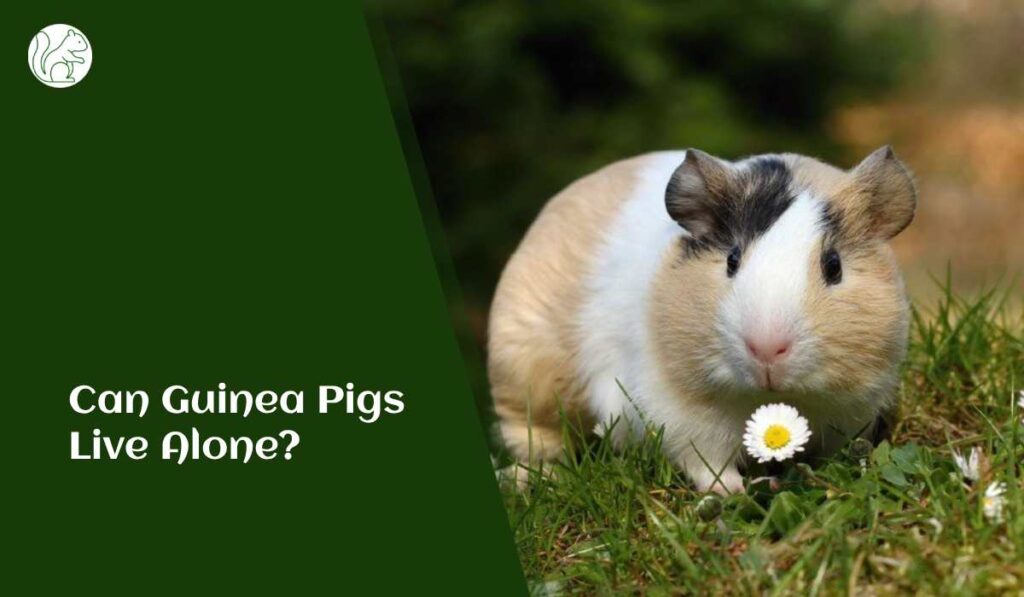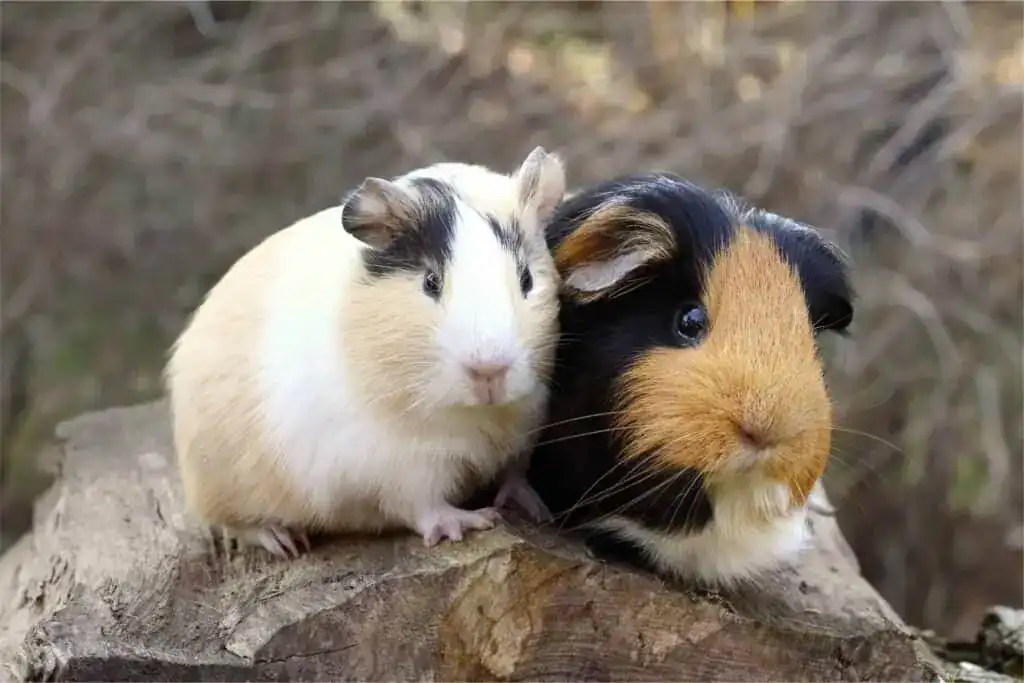Guinea pigs, also known as cavies, are small and social animals that make delightful pets for many people. If you’re considering getting a guinea pig, you may wonder if they can live alone or if they require companionship. In this article, we will delve into the social nature of guinea pigs and provide insights into whether they can thrive in solitude or if they need the company of their own kind.

Understanding the Nature of Guinea Pigs
To determine whether guinea pigs can live alone, it’s essential to understand their natural behavior. In the wild, guinea pigs live in small herds or groups known as “troops.” These troops consist of multiple guinea pigs who engage in various social interactions, including grooming, playing, and communicating through vocalizations and body language.
The Importance of Companionship for Guinea Pigs
Guinea pigs are highly sociable animals, and companionship plays a vital role in their overall well-being. Having a cage mate or a group of fellow guinea pigs provides them with a sense of security, comfort, and

mental stimulation. They rely on social interactions to establish a hierarchy, communicate, and form strong bonds with their companions.
The Case for Keeping Guinea Pigs Together
Based on their natural behavior and social needs, it is generally recommended to keep guinea pigs in pairs or small groups. Here are a few reasons why:
- Mental Stimulation: Interacting with other guinea pigs enriches their environment, preventing boredom and stimulating their minds.
- Grooming and Social Bonds: Guinea pigs engage in mutual grooming, which helps maintain their hygiene and strengthens social bonds.
- Communication: Guinea pigs communicate through a variety of vocalizations, such as squeaks, purrs, and chirps. Being around other guinea pigs allows them to express themselves and understand each other better.
- Protection and Security: In the wild, guinea pigs rely on their group members to watch out for predators. Living together provides a sense of security, reducing stress and anxiety.
Considerations for Housing Multiple Guinea Pigs
When housing multiple guinea pigs, it’s crucial to ensure they have adequate space to live comfortably. A spacious cage with separate hideouts, food dishes, and water bottles is essential to prevent territorial conflicts and provide each guinea pig with their own personal space. Additionally, regular cleaning and maintenance are necessary to maintain a hygienic and odor-free environment.
Special Cases: Solo Guinea Pigs
While it’s generally recommended to keep guinea pigs together, there may be some exceptional cases where a guinea pig lives alone. These include:
- Aggressive or Incompatible Guinea Pigs: Some guinea pigs may display aggressive behavior towards their cage mates, leading to conflicts and potential injuries. In such cases, separating the aggressive guinea pig becomes necessary for the safety of all involved.
- Loss of a Companion: If a guinea pig loses its cage mate, it may go through a mourning period. Introducing a new companion immediately may not be ideal, as the grieving guinea pig needs time to adjust. However, it’s important to consider finding a suitable companion in the future to provide long-term social interaction.
Conclusion
In conclusion, while guinea pigs are social animals that thrive in the company of their own kind, there may be exceptional circumstances where a guinea pig can live alone. However, keeping them in pairs or small groups is generally recommended to ensure their mental and emotional well-being. When housing multiple guinea pigs, providing a spacious and enriching environment is crucial. By understanding the social nature of guinea pigs and meeting their needs for companionship, you can create a happy and fulfilling life for these adorable pets.
Remember, the joy and happiness guinea pigs bring are not limited to their human owners but also extend to their fellow guinea pigs.
